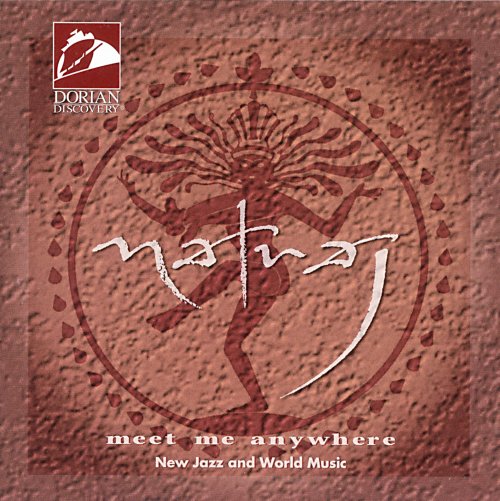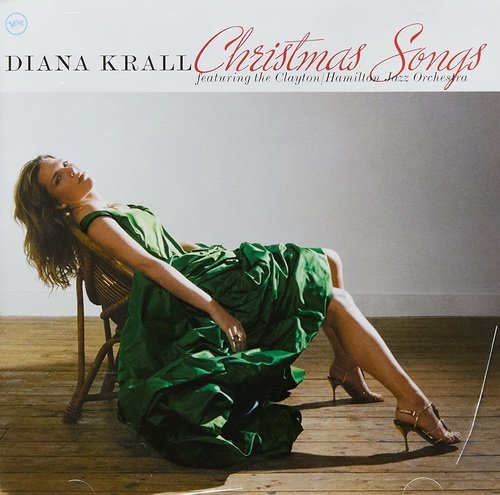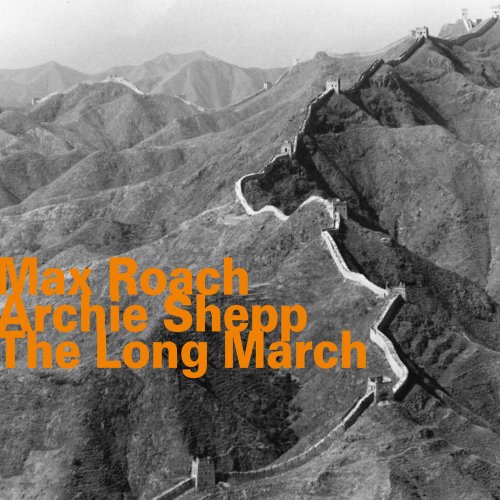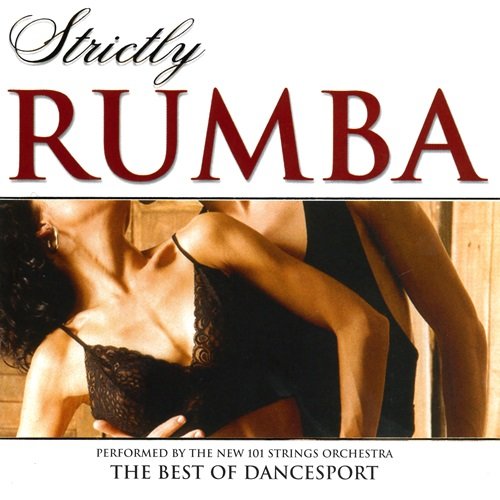The Tremeloes - A's & B's 1966-1974 (2014)
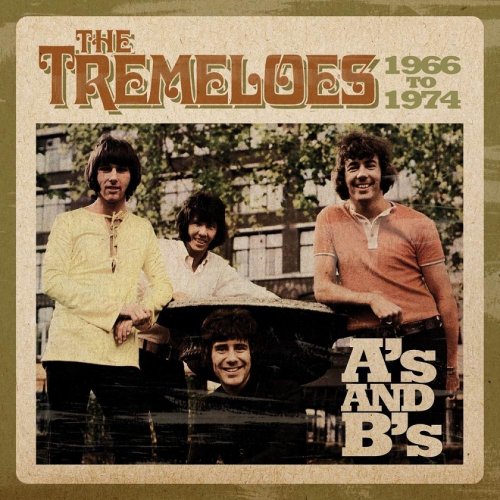
Artist: The Tremeloes
Title: A's & B's 1966-1974
Year Of Release: 2014
Label: Sanctuary Records
Genre: Psychedelic Rock, Pop Rock
Quality: Mp3 320 / Flac (tracks)
Total Time: 02:35:36
Total Size: 392 Mb / 1 Gb
WebSite: Album Preview
Tracklist:Title: A's & B's 1966-1974
Year Of Release: 2014
Label: Sanctuary Records
Genre: Psychedelic Rock, Pop Rock
Quality: Mp3 320 / Flac (tracks)
Total Time: 02:35:36
Total Size: 392 Mb / 1 Gb
WebSite: Album Preview
CD 1:
01. Blessed
02. The Right Time
03. Good Day Sunshine
04. What a State I'm In
05. Here Comes My Baby
06. Gentlemen of Pleasure
07. Silence Is Golden
08. Let Your Hair Hang Down
09. Even the Bad Times Are Good
10. Jenny's Alright
11. Be Mine
12. Suddenly Winter
13. E In Silenzio
14. Suddenly You Love Me
15. As You Are
16. Helule Helule
17. Girl From Nowhere
18. My Little Lady
19. All the World to Me
20. I'm Gonna Try
21. I'll See You There
22. I Shall Be Released
23. I Miss My Baby
24. Hello World
25. Up Down All Around
26. Jacqueline
CD 2:
01. Once on a Sunday Morning
02. Fa La La, La La, La Le
03. (Call Me) Number One
04. Instant Whip
05. By the Way
06. Breakheart Motel
07. Me And My Life
08. Try Me
09. No Comprende
10. Right Wheel, Left Hammer, Sham
11. Take It Easy
12. Hello Buddy
13. My Woman
14. Too Late (To Be Saved)
15. If You Ever
16. I Like It That Way
17. Wakamaker
18. Blue Suede Tie
19. Yodel-ay
20. Ride On
21. Hands Off
22. Make It, Break It
23. Movin' On
24. You Can't Touch Sue
25. Story For The Boys
26. Do I Love You
27. Witchcraft
When UK chart-toppers Brian Poole And The Tremeloes parted company in 1966, few would have wagered that the backing group would outdo the lead singer. Remarkably, however, the relaunched Tremeloes went on to eclipse not only Poole, but the original hitmaking act. At the time of their reconvening in 1966, the lineup was comprised of Rick West (b. Richard Westwood, 7 May 1943, Dagenham, Essex, England; guitar), Alan Blakley (b. 1 April 1942, Dagenham, Essex, England, d. 1995; rhythm guitar), Dave Munden (b. 2 December 1943, Dagenham, Essex, England; drums) and Alan Howard (b. 17 October 1941, Dagenham, Essex, England; bass). In May of 1966 Howard was replaced by Mike Clark; however, a mere three months later his spot was taken by Len ‘Chip’ Hawkes (b. 2 November 1946, London, England), whose lead vocals and boyish looks gave the group a stronger visual identity. In order to keep up with the times, the group members abandoned their stage suits in favour of Carnaby Street garb and fashionably longer hair. Their second-generation debut for Decca Records was a cover of Paul Simon’s ‘Blessed’, which proved unsuccessful. Seeking more commercial material, they moved to CBS Records and covered ‘Good Day Sunshine’ from the Beatles’ Revolver. In spite of radio play, it too failed to chart, but their third release ‘Here Comes My Baby’ (a Cat Stevens composition) smashed into the Top 20 on both sides of the Atlantic.
An astute follow-up with ‘Silence Is Golden’, previously the flip side of the Four Seasons’ ‘Rag Doll’, proved a perfect vehicle for the Tremeloes’ soft harmonic style and gave them their only UK number 1 and their highest US chart entry (number 11). Having established themselves as a hit act, they notched up an impressive run of hits during the late 60s including ‘Even The Bad Times Are Good’, ‘Suddenly You Love Me’, ‘Helule Helule’ and ‘My Little Lady’. At the end of the decade, the Tremeloes seemed weary of their role in the pop world and broke away from their usual Tin Pan Alley songsmiths to write their own material. Their first attempt, ‘(Call Me) Number One’, was an impressive achievement, probably superior to the material that they had recorded since 1967. When it reached number 2 in the charts, the group members convinced themselves that a more ambitious approach would bring even greater rewards. Overreacting to their dream start as hit writers, they announced that they were ‘going heavy’ and suicidally alienated their pop audience by dismissing their earlier record-buying fans as ‘morons’.
Their brief progressive phase was encapsulated in the album Master, which won no new fans but provided a final Top 20 single, ‘Me And My Life’. Thereafter, they turned increasingly to cabaret, where their strong live performances were well appreciated. In 1974 Chip Hawkes went to Nashville, USA, to pursue an ultimately unsuccessful solo career (his son Chesney Hawkes would enjoy a brief moment in the spotlight in the late 80s). Blakley left the following January, and Aaron Woolley and Bob Benham were brought in as replacements. The Tremeloes continued to record on an occasional basis, with albums being released by DJM Records and their old label CBS. They were still active in the new millennium, with Munden and West joined by Joe Gillingham (keyboards/vocals) and Davey Freyer (bass/vocals). In September 2006 Poole and the band reunited after 40 years for a tour of the UK. The latest version of the Tremeloes featured Munden, Hawkes, West and newer members Gillingham and Jeff Brown.
An astute follow-up with ‘Silence Is Golden’, previously the flip side of the Four Seasons’ ‘Rag Doll’, proved a perfect vehicle for the Tremeloes’ soft harmonic style and gave them their only UK number 1 and their highest US chart entry (number 11). Having established themselves as a hit act, they notched up an impressive run of hits during the late 60s including ‘Even The Bad Times Are Good’, ‘Suddenly You Love Me’, ‘Helule Helule’ and ‘My Little Lady’. At the end of the decade, the Tremeloes seemed weary of their role in the pop world and broke away from their usual Tin Pan Alley songsmiths to write their own material. Their first attempt, ‘(Call Me) Number One’, was an impressive achievement, probably superior to the material that they had recorded since 1967. When it reached number 2 in the charts, the group members convinced themselves that a more ambitious approach would bring even greater rewards. Overreacting to their dream start as hit writers, they announced that they were ‘going heavy’ and suicidally alienated their pop audience by dismissing their earlier record-buying fans as ‘morons’.
Their brief progressive phase was encapsulated in the album Master, which won no new fans but provided a final Top 20 single, ‘Me And My Life’. Thereafter, they turned increasingly to cabaret, where their strong live performances were well appreciated. In 1974 Chip Hawkes went to Nashville, USA, to pursue an ultimately unsuccessful solo career (his son Chesney Hawkes would enjoy a brief moment in the spotlight in the late 80s). Blakley left the following January, and Aaron Woolley and Bob Benham were brought in as replacements. The Tremeloes continued to record on an occasional basis, with albums being released by DJM Records and their old label CBS. They were still active in the new millennium, with Munden and West joined by Joe Gillingham (keyboards/vocals) and Davey Freyer (bass/vocals). In September 2006 Poole and the band reunited after 40 years for a tour of the UK. The latest version of the Tremeloes featured Munden, Hawkes, West and newer members Gillingham and Jeff Brown.
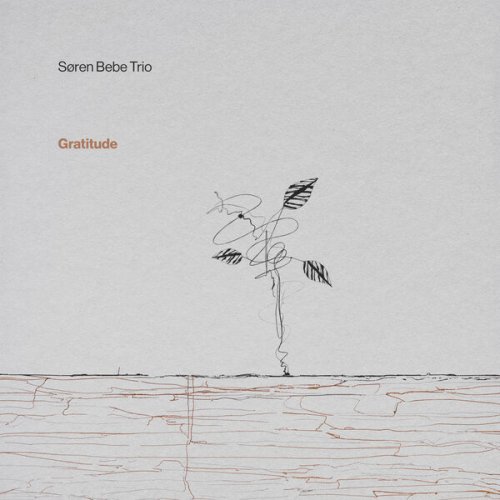
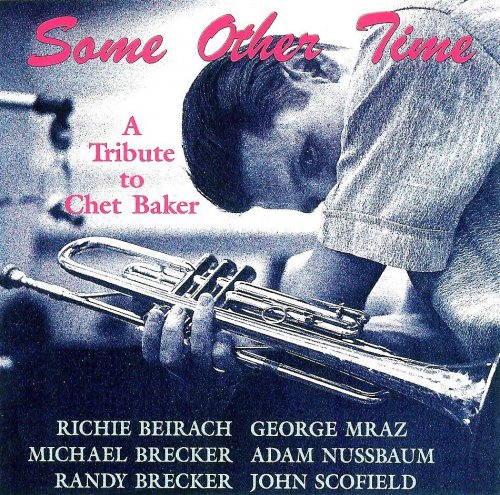
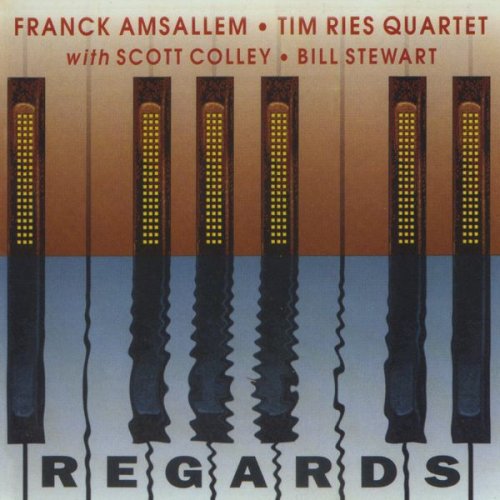
![Mari Boine - Goaskinviellja - Eagle Brother (Remastered 2025) (2026) [Hi-Res] Mari Boine - Goaskinviellja - Eagle Brother (Remastered 2025) (2026) [Hi-Res]](https://img.israbox.com/img/2026-01/31/so1zgdk2eva394qd3qtlyxfd2.jpg)
